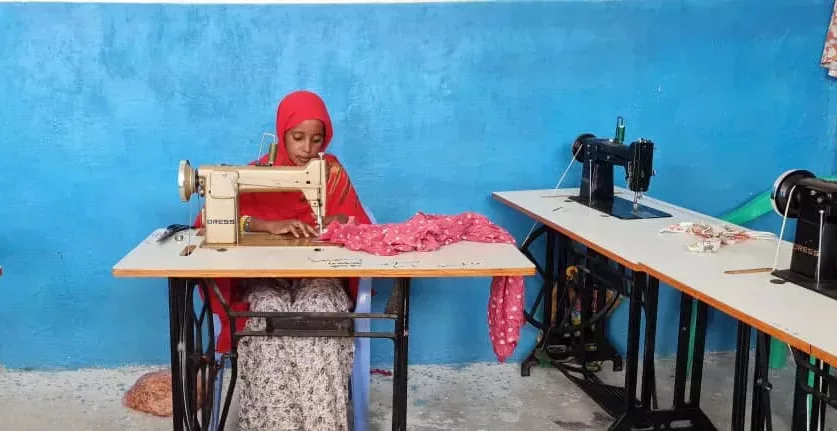Fighting Period Poverty, Climate Change and Water-borne Disease in Zimbabwe
Amid a decade of economic decline in Zimbabwe due to ongoing drought and, more recently, the COVID-19 pandemic, we have delivered quality health and nutrition services to vulnerable people in food-insecure rural areas, contributed to improved nutrition and helped reduce the spread of waterborne diseases by improving water, sanitation and hygiene practices.
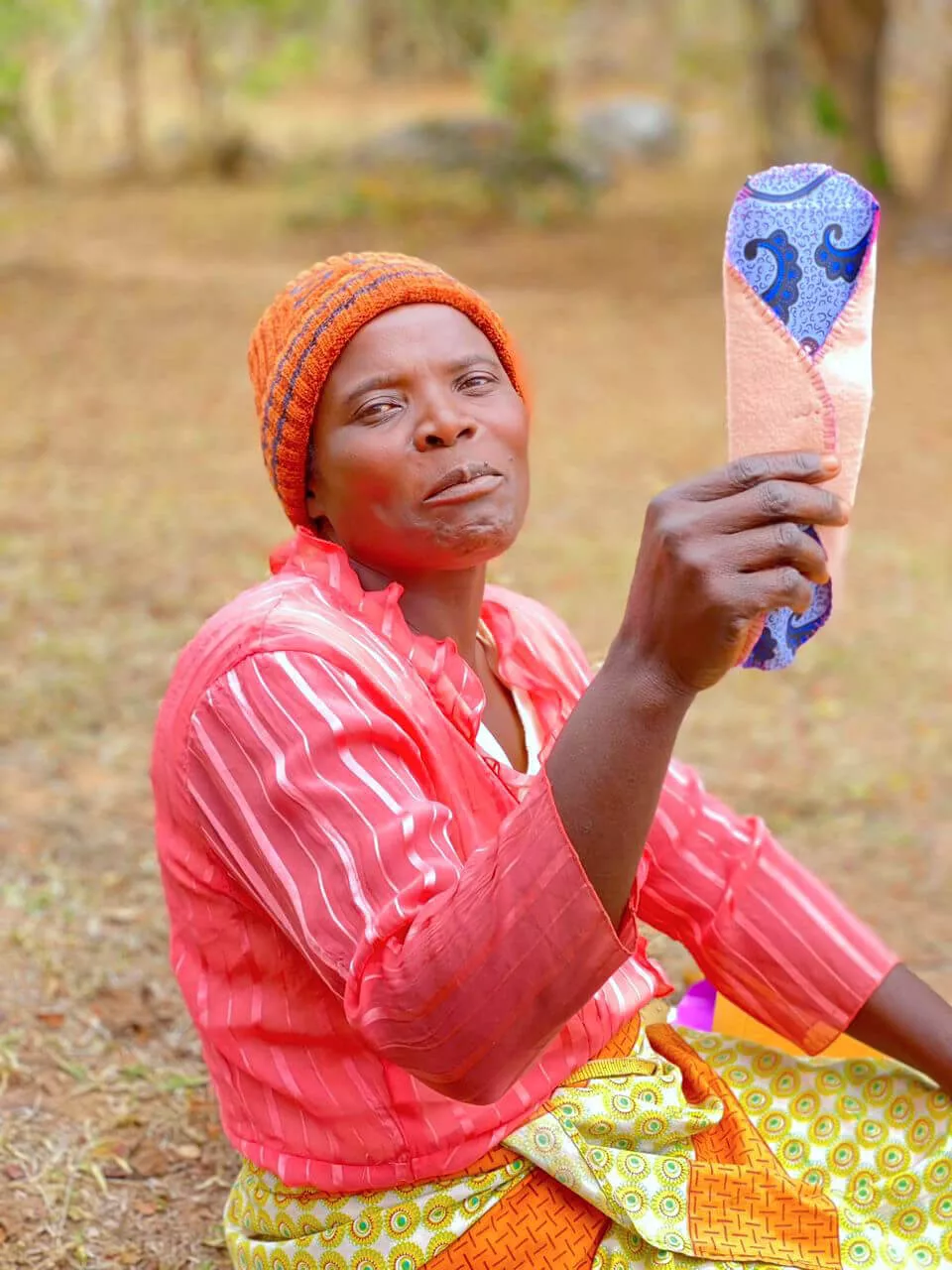
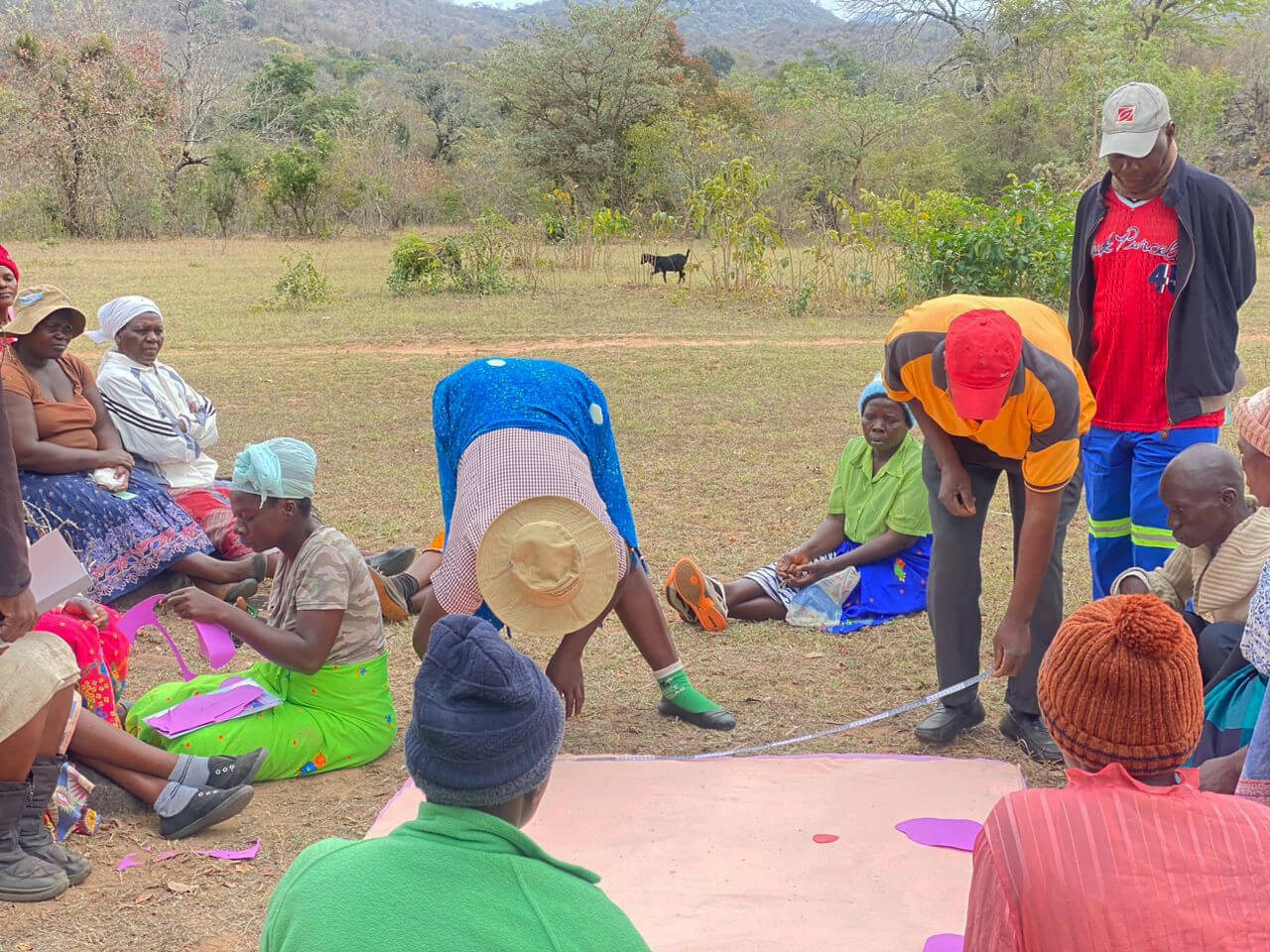
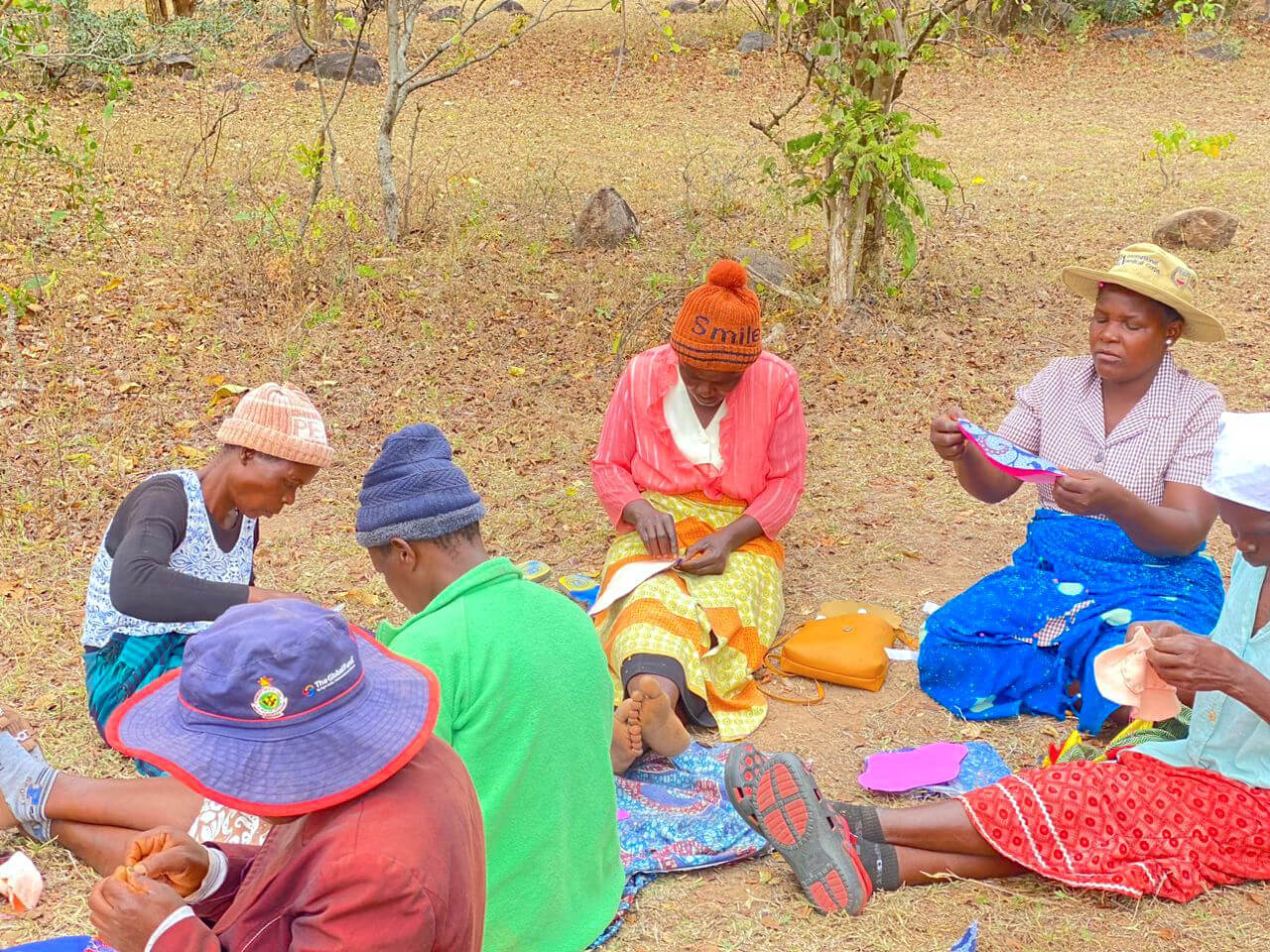
Working with the Zimbabwe Ministry of Health and Childcare, we’re fighting period poverty and improving access to menstrual products in underserved communities by training local health workers to teach women and girls how to make safe, washable and reusable sanitary pads.
Providing Safe Spaces and Training for Women and Girls Worldwide
International Medical Corps is committed to the protection of women and girls worldwide. Gender-based violence is a public health and human rights problem affecting the physical and mental health of survivors. Women and girls are particularly vulnerable to violence in emergency settings, when risks can rise at the very time that support systems are interrupted.
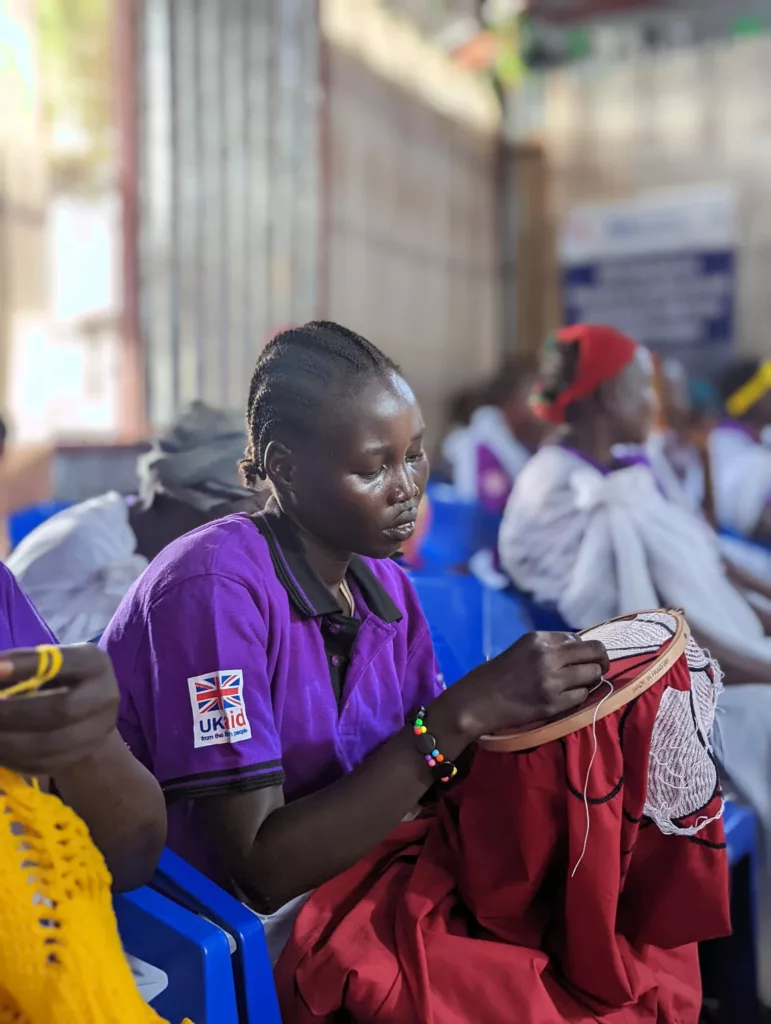
We work with communities to address these risks and to combat beliefs and practices that perpetuate violence against women and girls. One of the ways we battle gender-based violence is by organizing women’s and girls’ safe spaces (WGSS), which enable women and girls to gather in a place where they feel secure, share their concerns and find joy while participating in a range of counseling and training activities.
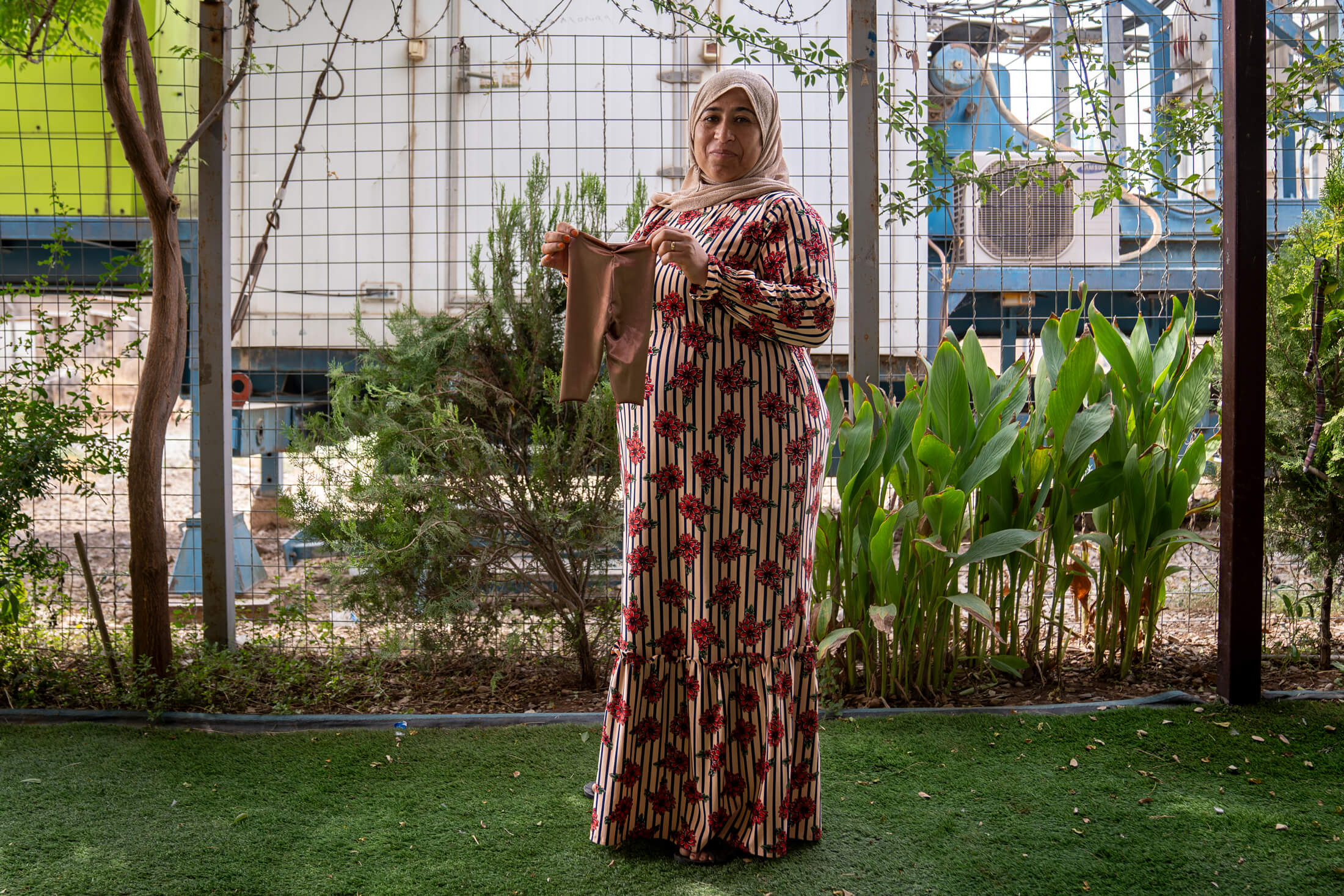
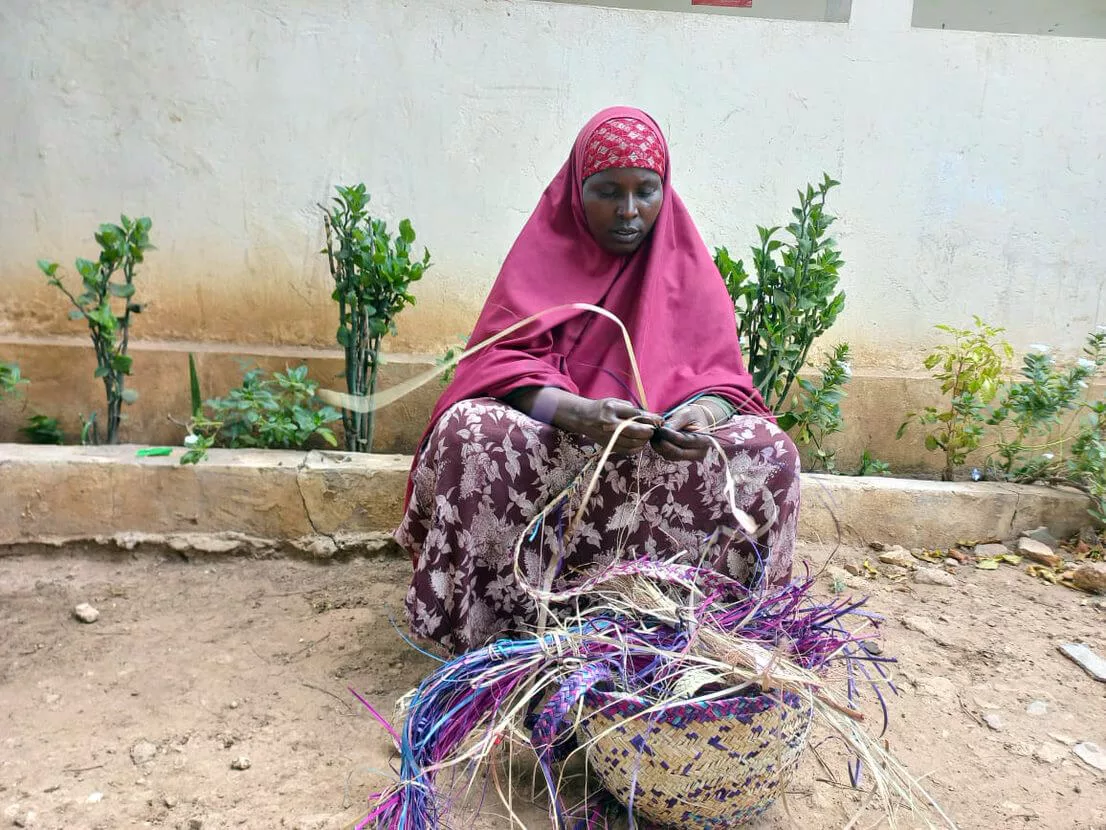
Supporting Mothers and Children in Ukraine
The mothers and children of Ukraine have experienced unimaginable horrors for nearly two years. Our mother and baby safe spaces (MBSS) throughout the country offer a place where parents can learn about a variety of topics, including the importance of breastfeeding and proper nutrition. Mothers are also able to take a break while their children play in a safe environment.
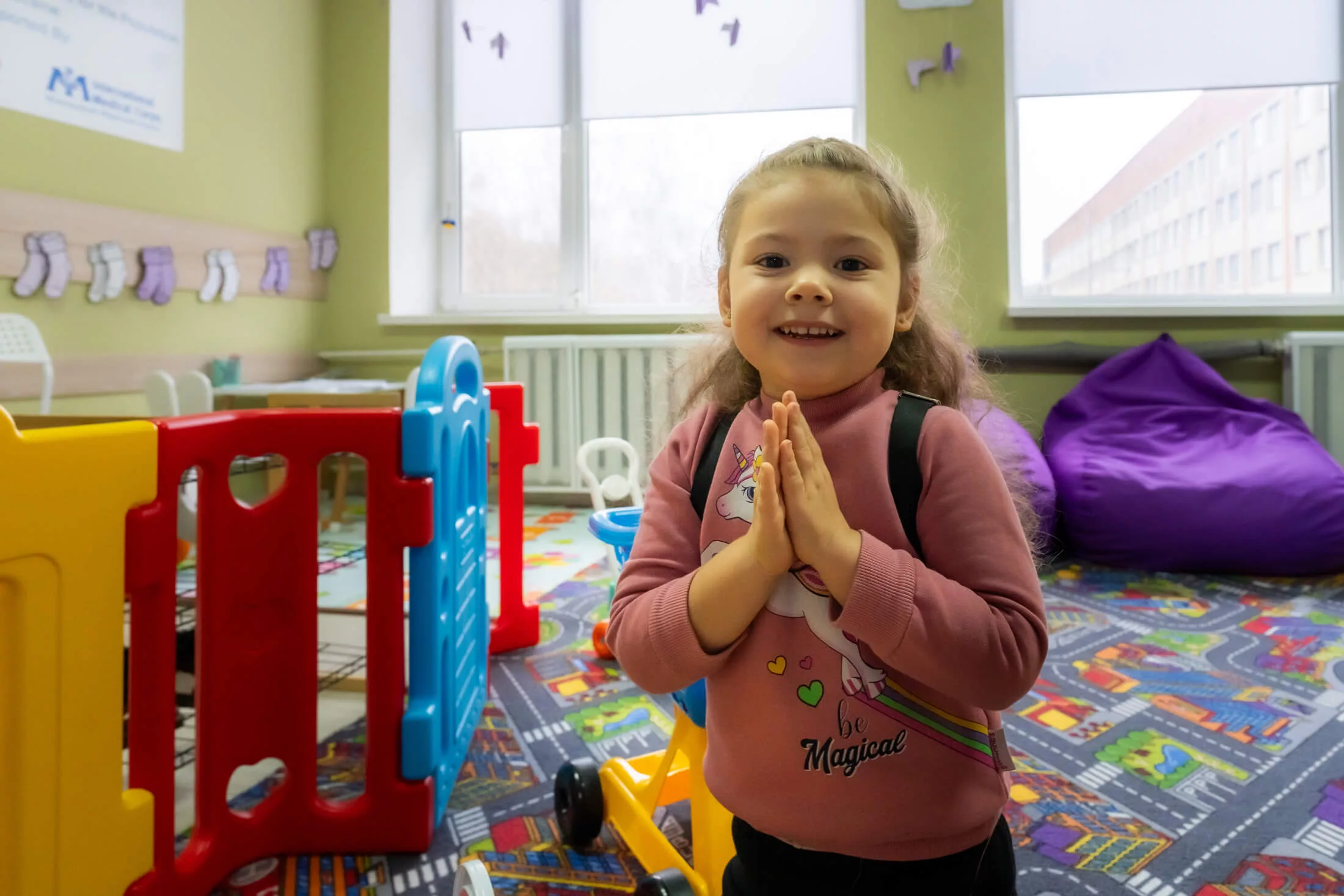
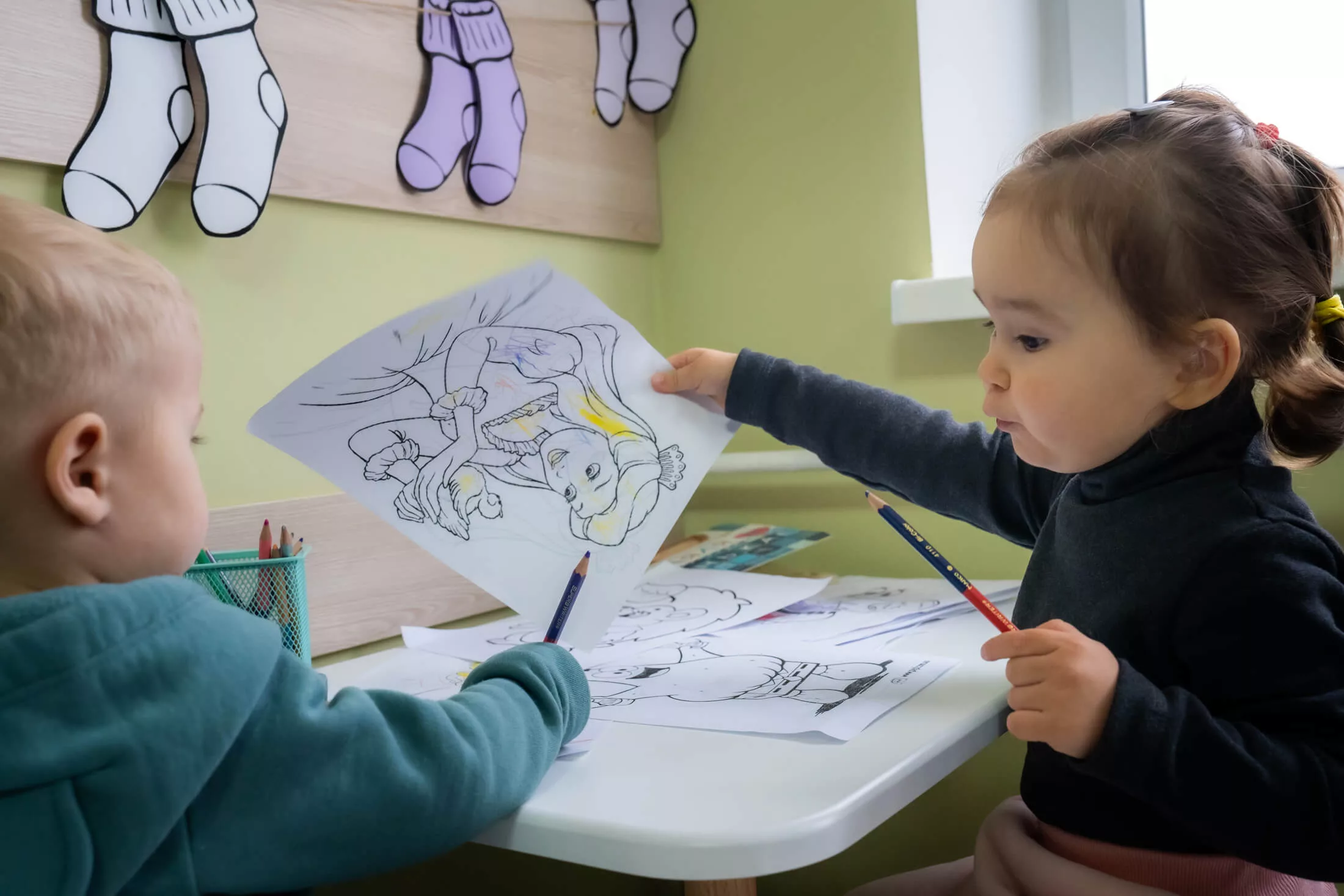
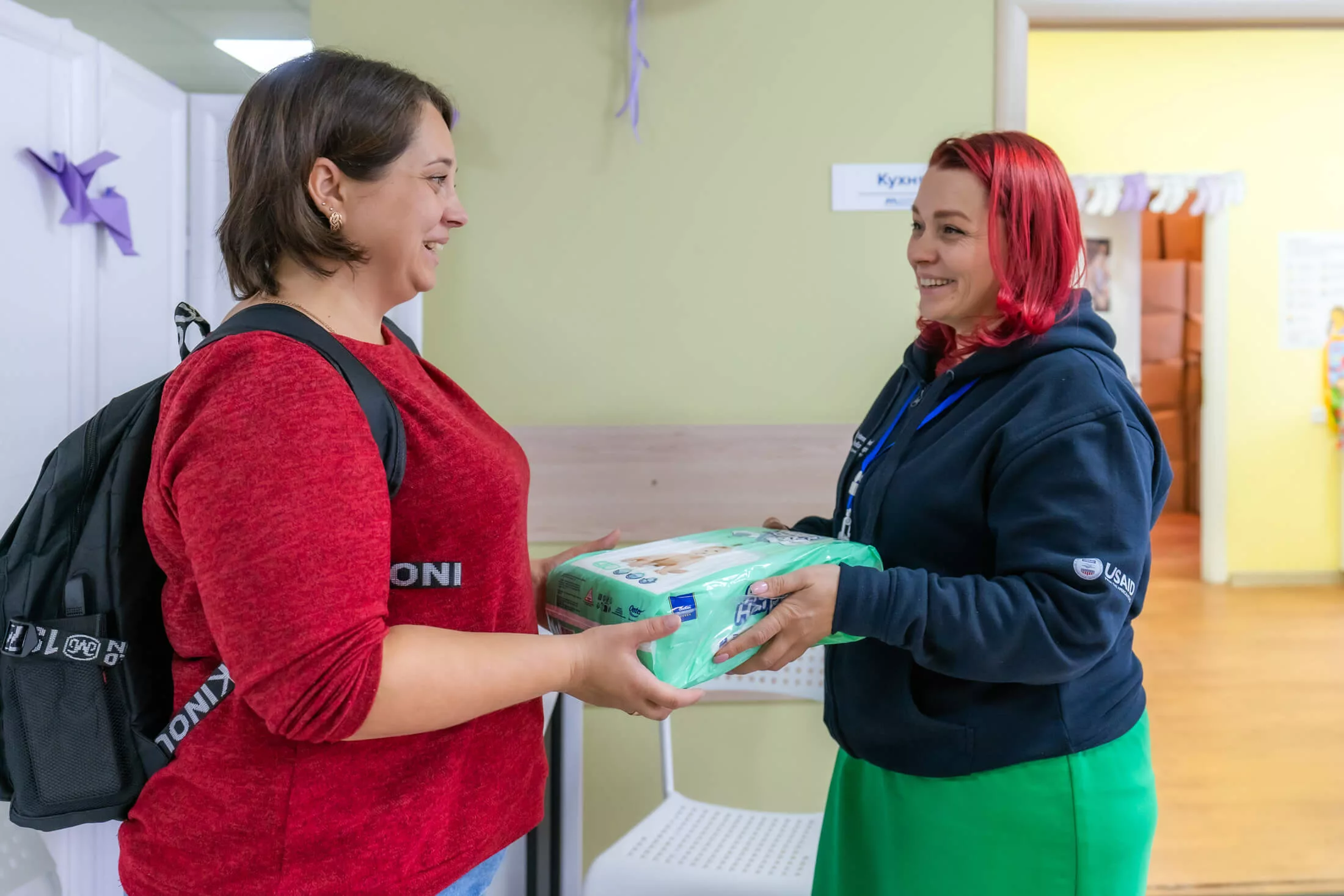
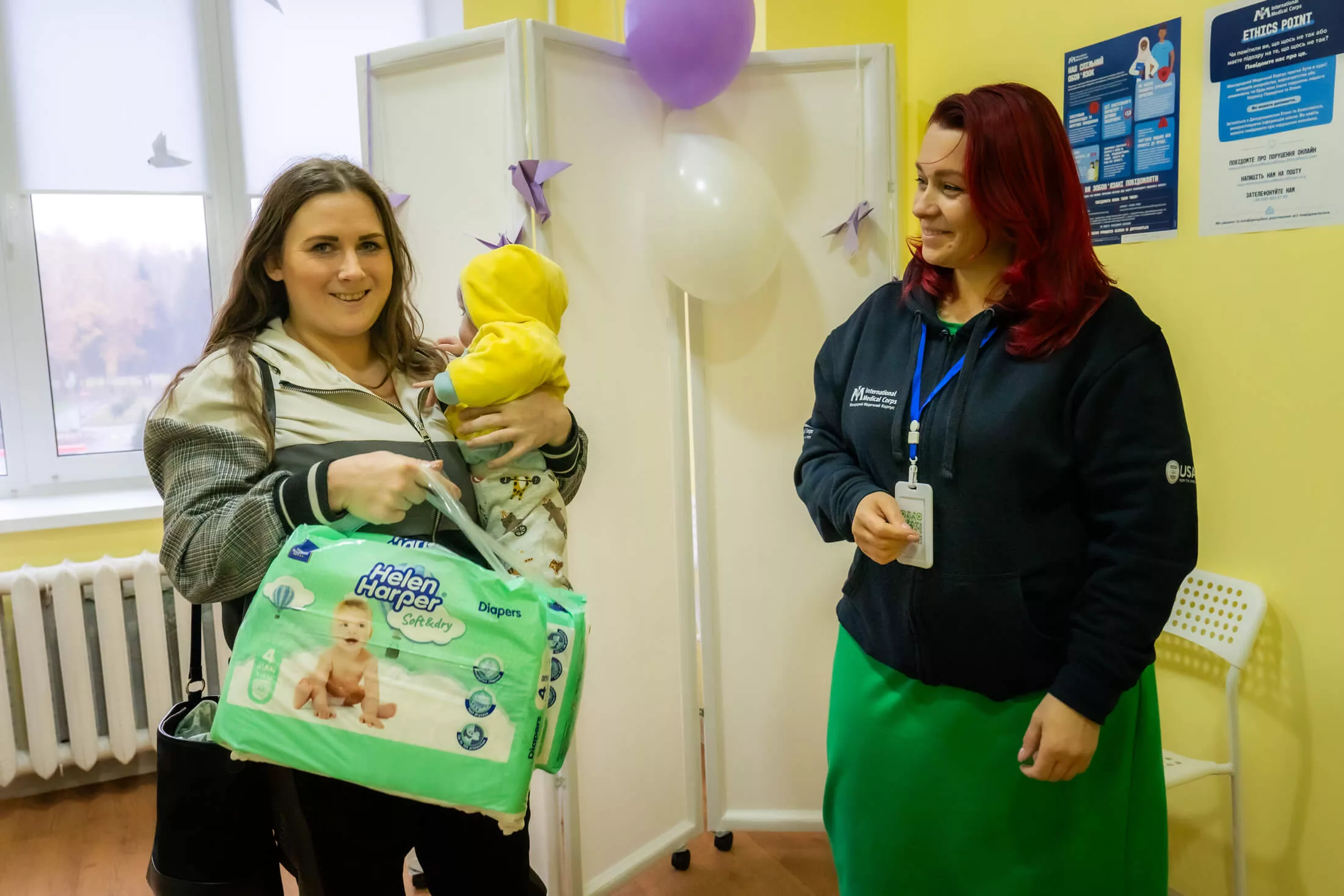
At our MBSS at Vinnytsia Regional Children’s Hospital, we are distributing vital supplies, such as diapers and baby kits, while providing individual and group consultations.
Bringing Warmth to Earthquake-Affected Families
On October 7, two back-to-back 6.3 magnitude earthquakes hit western Afghanistan. Thousands of people were killed, and many more were injured or remain missing.
To help the thousands of people left homeless, our team delivered winterization kits in communities in Herat devastated by the earthquakes. The kits, which included thick blankets for adults and children, helped bring relief to families who had lost everything and have been spending chilly nights in tents and makeshift shelters as they try to recover.
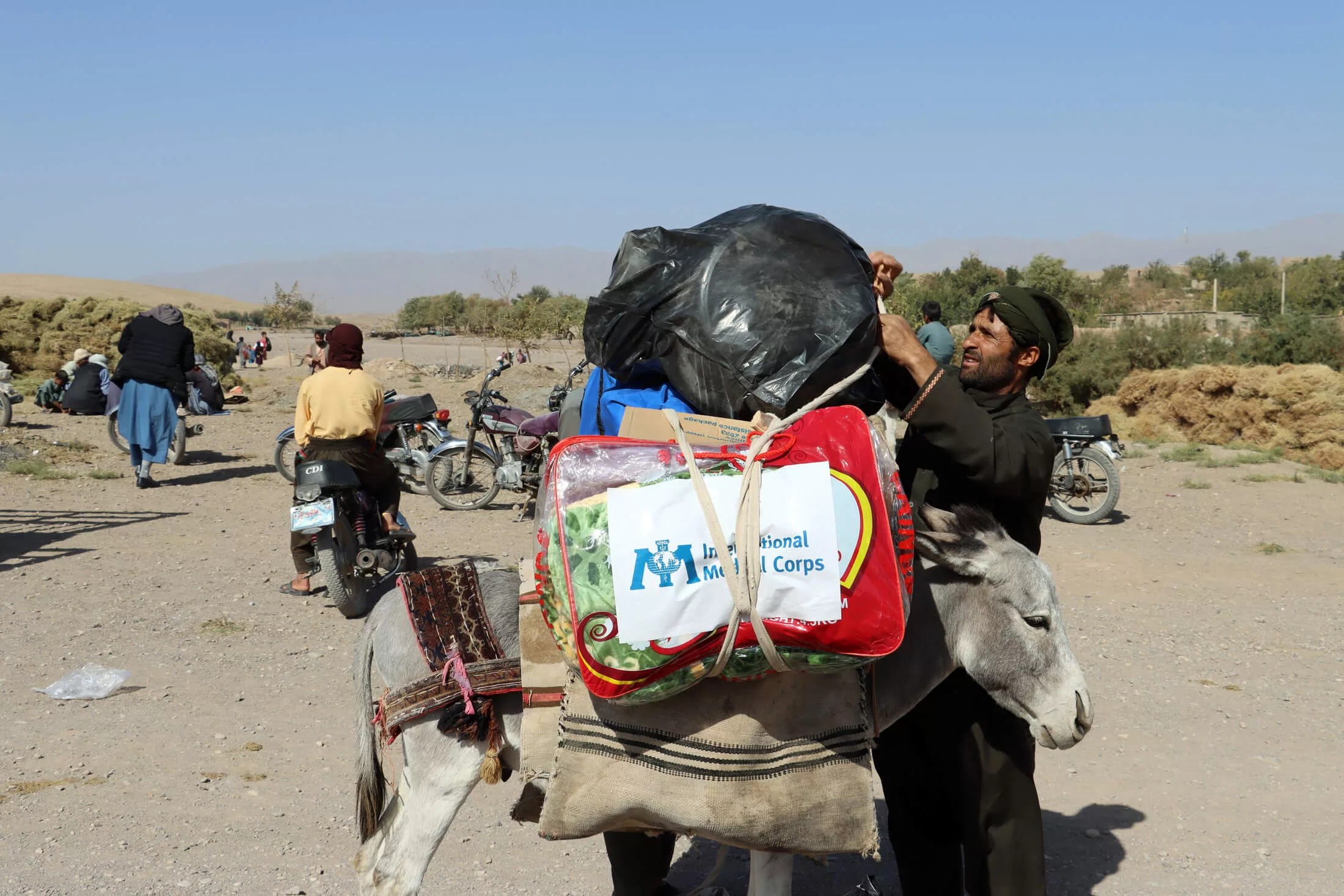
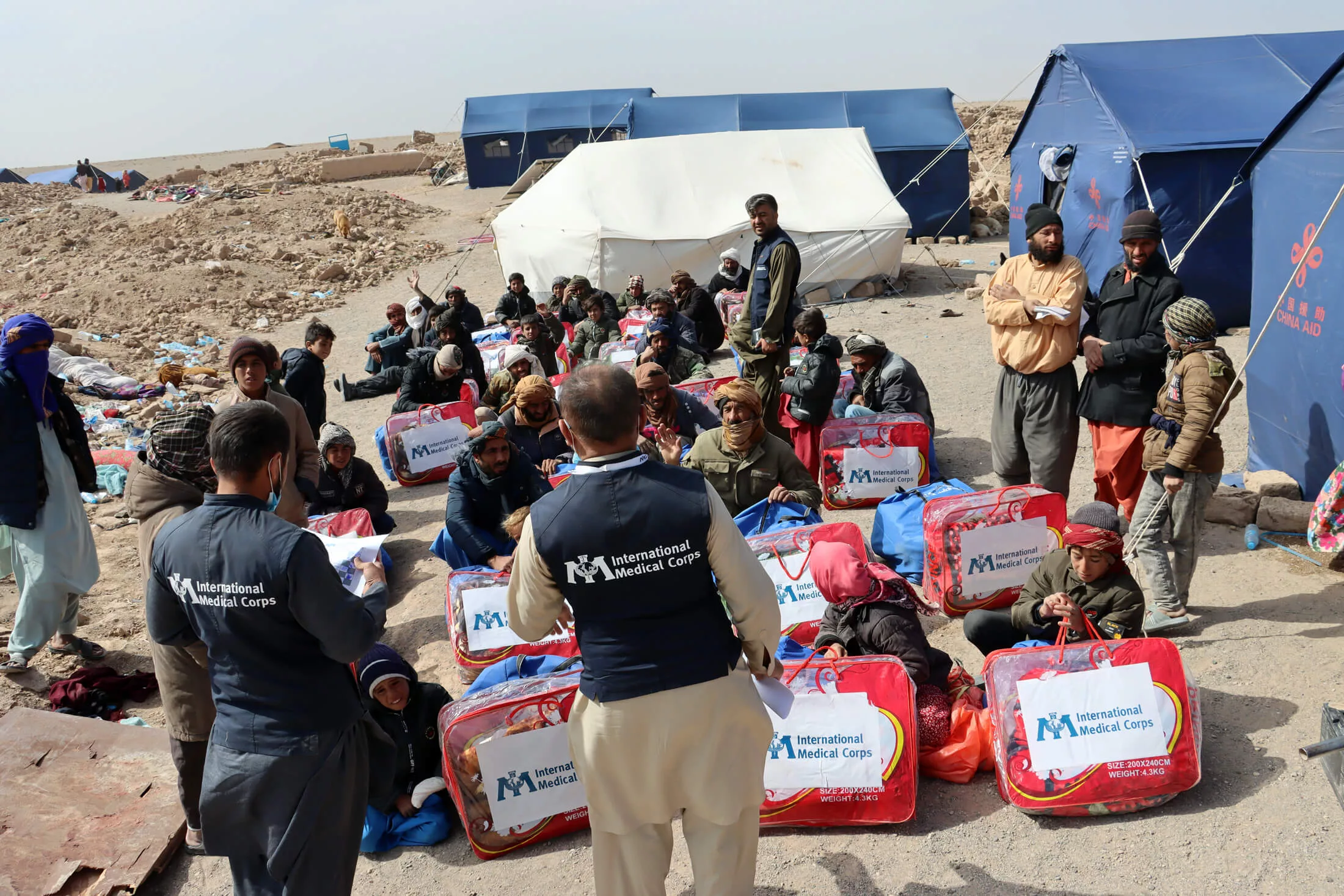
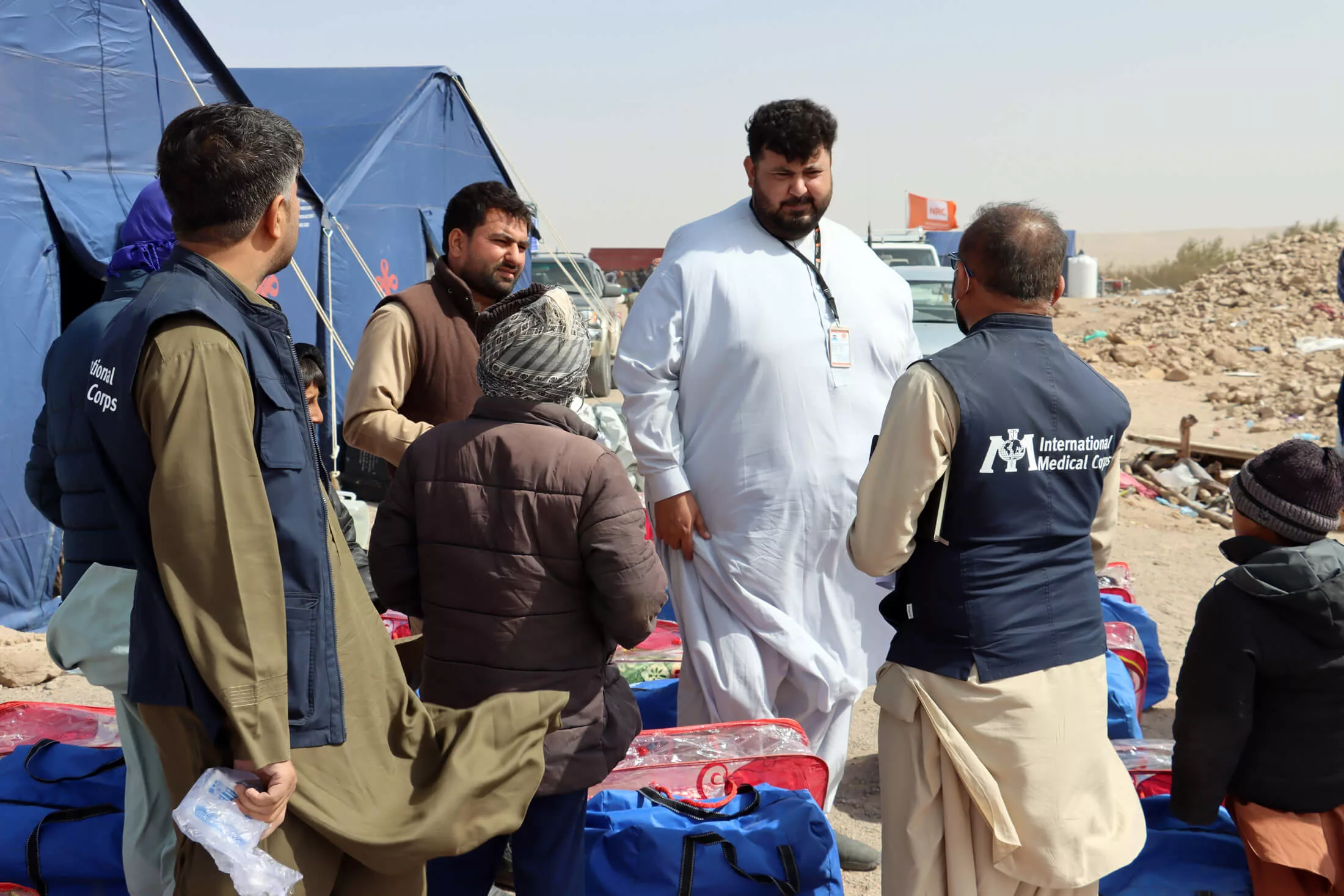
Qutbuddin and his family were one of the many displaced, living without shelter following the earthquakes. See how our support “ignited a spirit of solidarity and determination,” according to one community leader, “reminding everyone that—even in the face of adversity—kindness and support could light the way toward a brighter tomorrow.”
Celebrating 16 Days in South Sudan
During this year’s observation of the 16 Days of Activism Against Gender-Based Violence (GBV) campaign, our country teams around the world held a range of activities to remind people of the damage caused by GBV in communities.
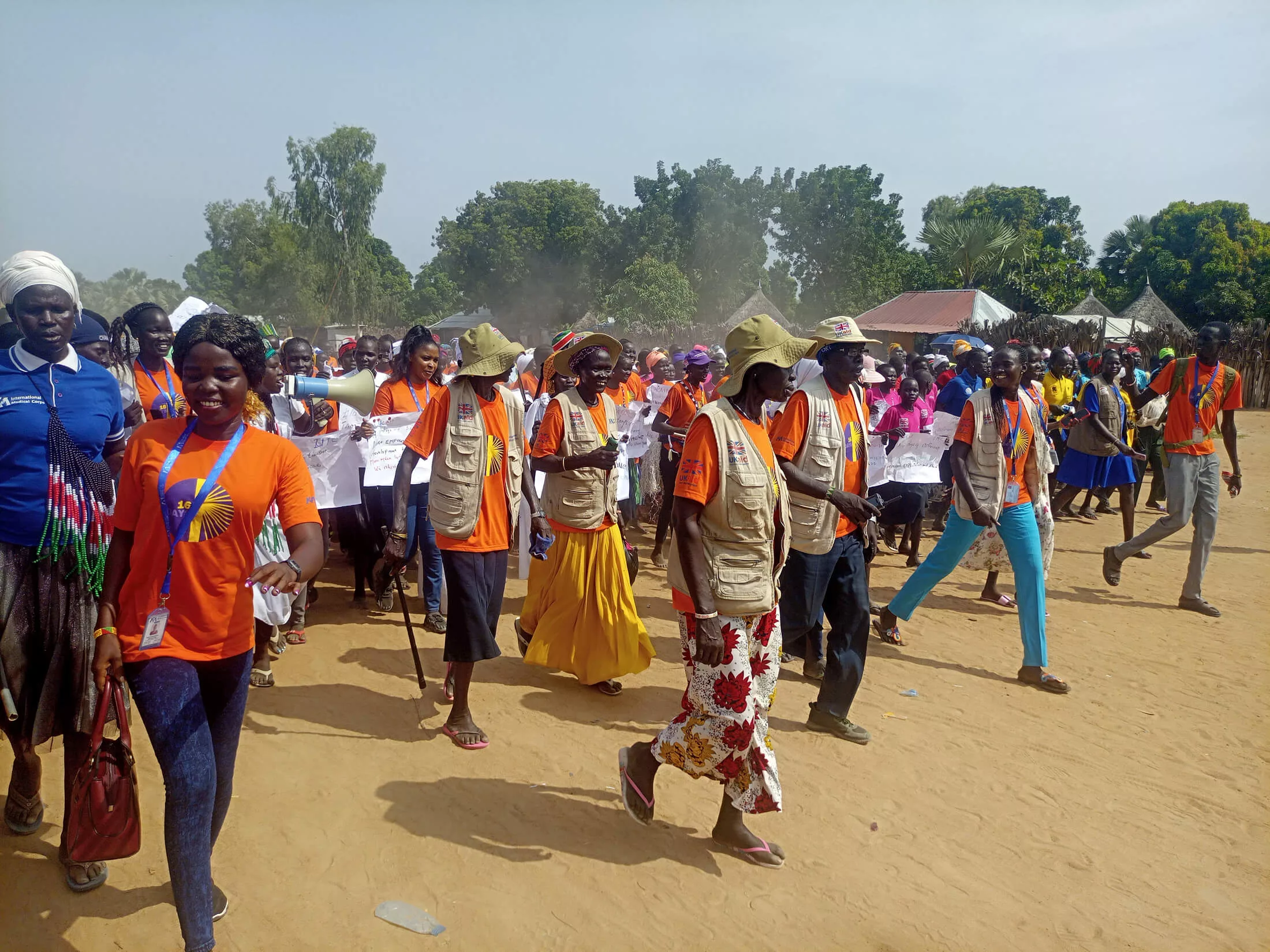
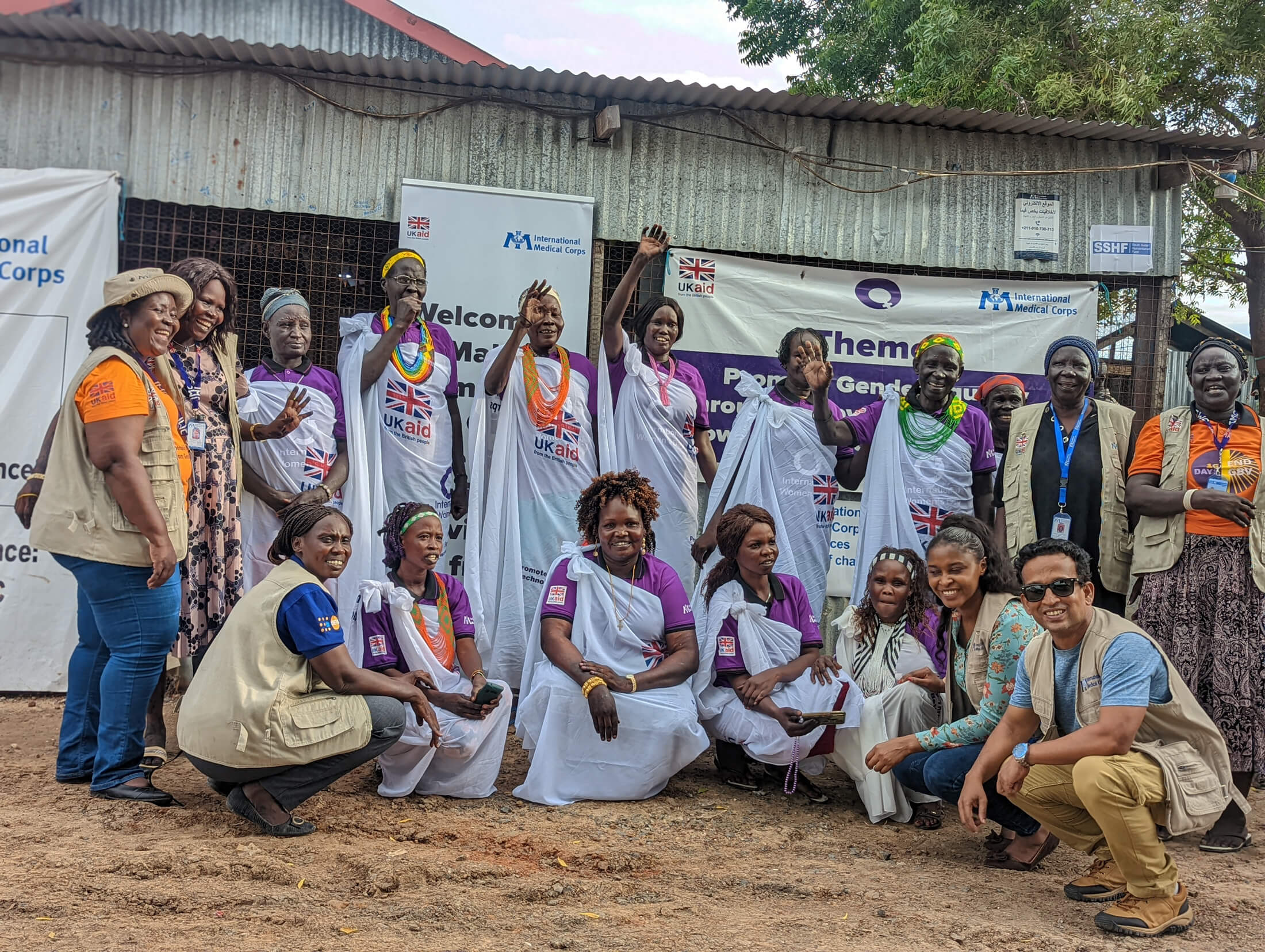
In South Sudan, for example, our team hosted a series of events to raise awareness about GBV and women’s rights. Working with our local and global partners, we shared information through performances, speeches and other activities.
Additionally, the UK Ambassador to South Sudan recently visited our women’s and girls’ safe space in Malakal, South Sudan, where we’re providing psychosocial and skills-building programs for women and young girls.
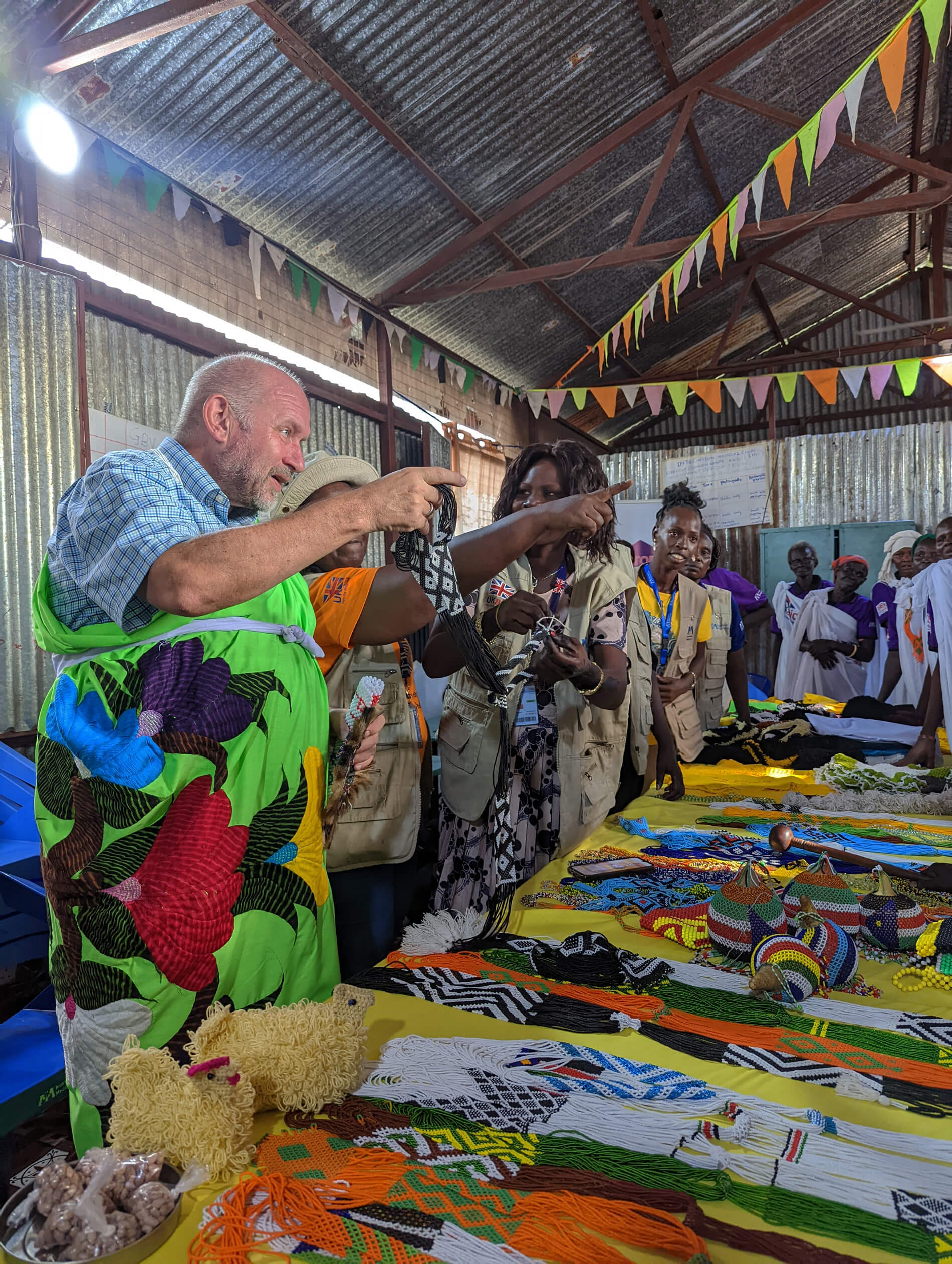
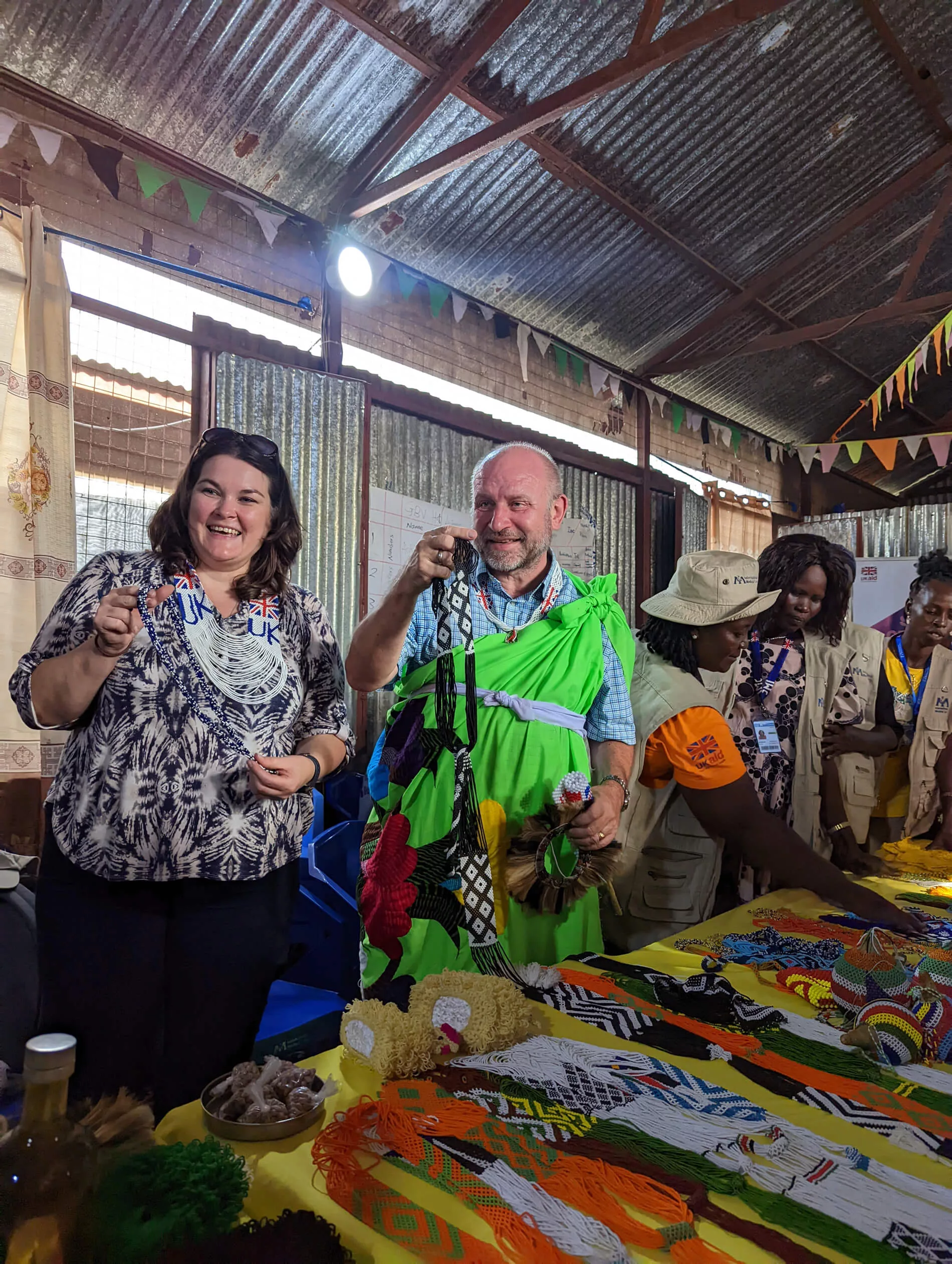
Providing Lifesaving Transportation for Patients in Mali
People who live in remote areas often face enormous challenges in accessing healthcare services. In its country programs around the world, International Medical Corps is working to address those challenges.
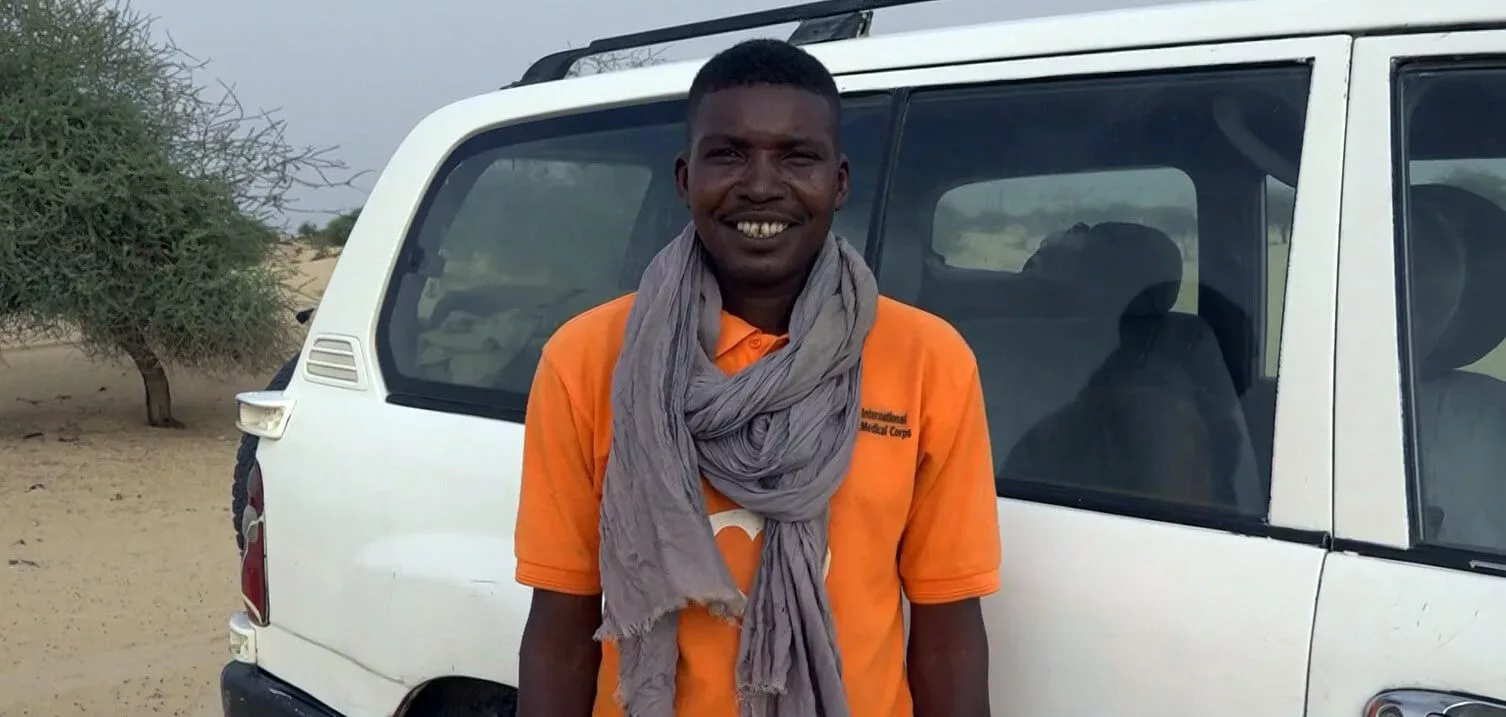
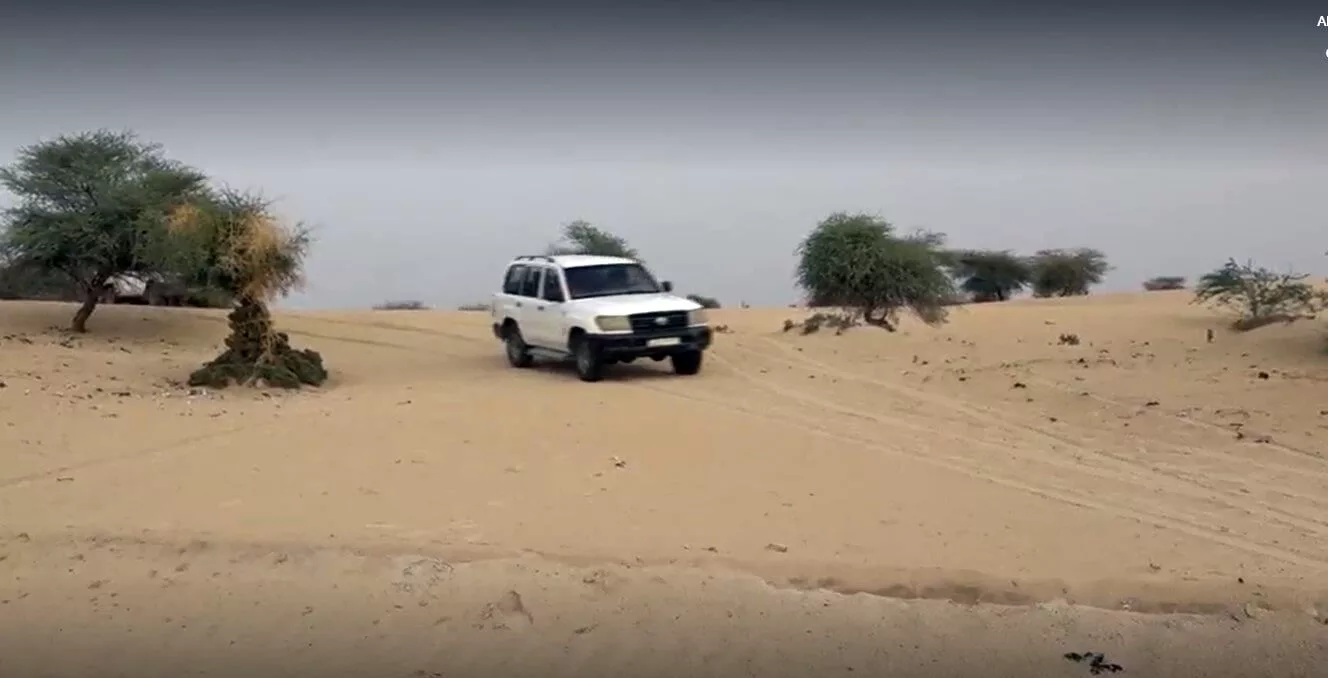
People in remote communities don’t have easy access to an emergency services. For example, in Mali, carjackers stole the Ministry of Health’s last ambulance in 2018, leaving thousands vulnerable. Learn how we built upon trusted relationships in the local community to establish a lifesaving ambulance service.
Learn more about International Medical Corps
Follow International Medical Corps on Facebook, Twitter, Instagram, LinkedIn, YouTube and TikTok.
Are you a journalist looking for information?
International Medical Corps is a global first responder that delivers emergency medical and related services to those affected by conflict, disaster and disease, no matter where they are, no matter the conditions. We also train people in their communities, providing them with the skills they need to recover, chart their own path to self-reliance and become effective first responders themselves. Established in 1984 by volunteer doctors and nurses, we are a nonprofit with no religious or political affiliation, and now have more than 8,000 staff members around the world, 96% of whom are locally hired. Since our founding, we have operated in more than 80 countries, and have provided more than $4.2 billion in emergency relief and training to communities worldwide.
Our staff includes experts in emergency medicine, infectious disease, nutrition, mental health, maternal and infant health, gender-based violence prevention and treatment, training, and water, sanitation and hygiene, all within the humanitarian context.
To arrange an interview on or off the record, contact our Media Relations team at media@internationalmedicalcorps.org.
